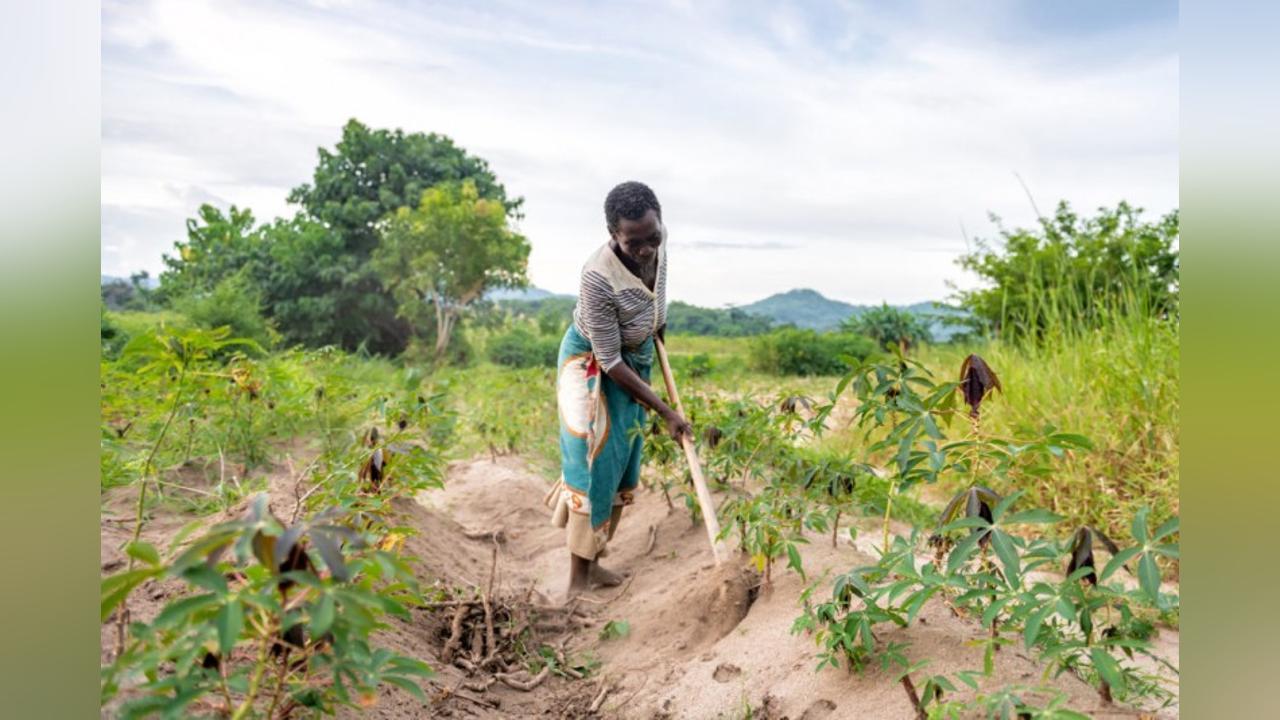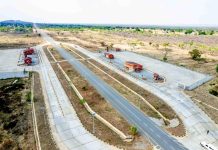Africa-Press – Tanzania. Despite making up a significant portion of the agricultural workforce, African female farmers face structural issues that have long impacted their productivity.Rabat – Despite making up a large percentage of farmers, female farmers in Africa face structural issues that impact their productivity, something OCP Africa aims to remedy.
The state of female farmers in Africa highlights significant disparities in agricultural productivity compared to their male counterparts, despite women constituting a substantial portion of the agricultural workforce in the region.
According to the World Bank and the ONE Campaign’s report “Levelling the Field: Improving Opportunities for Women Farmers in Africa,” women farmers in Africa produce between 13% and 25% less than men across various countries such as Ethiopia, Malawi, Niger, Nigeria, Tanzania, and Uganda. The report attributes this productivity gap to several factors, including limited access to land, credit, agricultural inputs like fertilizers and tools, as well as a lack of available services and markets.
Amid a lingering and even growing food security crisis in many of the African nations covered in the report, closing this gap is seen as an important step towards enhancing gender equality and driving broader economic growth across the continent.
Reducing the structural barriers facing local female farmers could significantly contribute to reducing hunger and improving livelihoods, with the potential to increase yields on women’s farms by 20-30% and raise overall agricultural output by 2-4%.
A key example of the issues facing female farmers can be found in Niger. A 2015 study showed that the country’s women farmers have less access to land ownership, less access to laborers, and less access to quality fertilizers. Similarly, in Uganda, where an estimated 76% of women work in agriculture, female farmers’ plot sizes are typically 30% smaller while often serving only as subsistence farming.While cultural issues can be hard to change, there are many possible avenues to make life better for female farmers. One avenue is OCP Africa’s “Women in Agribooster” program which aims to remove key barriers to success for female farmers.The ambitious program focuses on alleviating the practical issues regarding access and skills, while aiming to build communities of women farmers to provide a sense of mutual support and knowledge exchange. The OCP Africa initiative provides female farmers with direct access to high-quality seeds, fertilizers, and other essential agricultural inputs.
Meanwhile the program helps build capacity among female farmers by providing both agricultural training and financial literacy training. By boosting the skills and agency of women farmers, participants will learn to deploy cutting-edge technology and agricultural practices, while becoming mindful of the essential impact of soil quality, crop rotation and pest management. By using inputs such as fertilizers more efficiently, OCP Africa aims to promote a more sustainable way of farming to participants while boosting yields and growing income.
Yet, skills alone will not reduce the productivity gap between male and female farmers. This is why the Women in Agribooster initiative provides direct links between female farmers and the markets where they can sell their products. Beyond this, the program seeks to facilitate the vital access to credit and financial services that can help female farmers invest in essential farm improvements and even expand their operations.
While women in agriculture on the African continent face a steep uphill climb to reach parity with their male counterparts, programs such as OCP Africa’s Women in Agribooster initiative can provide the critical boost that many farmers need. At the start of the program, 5,000 women farmers registered for the program, and benefited from $155,000 in new investment, leading to a remarkable 25% increase in their yields. Since then the program has welcomed 13,000 new participants in Ghana and Nigeria, and hopes to empower many more as it grows over the years.
moroccoworldnews
For More News And Analysis About Tanzania Follow Africa-Press







